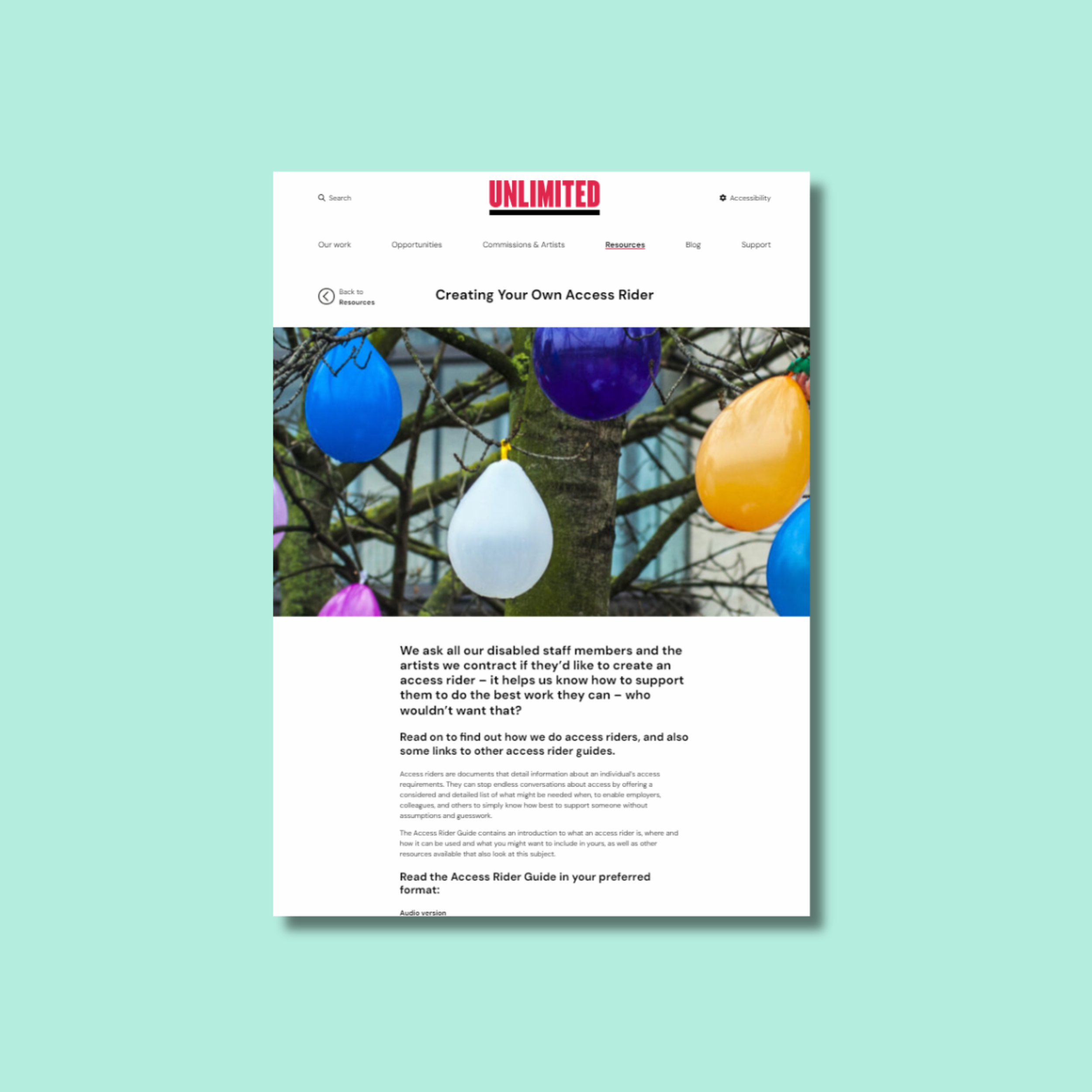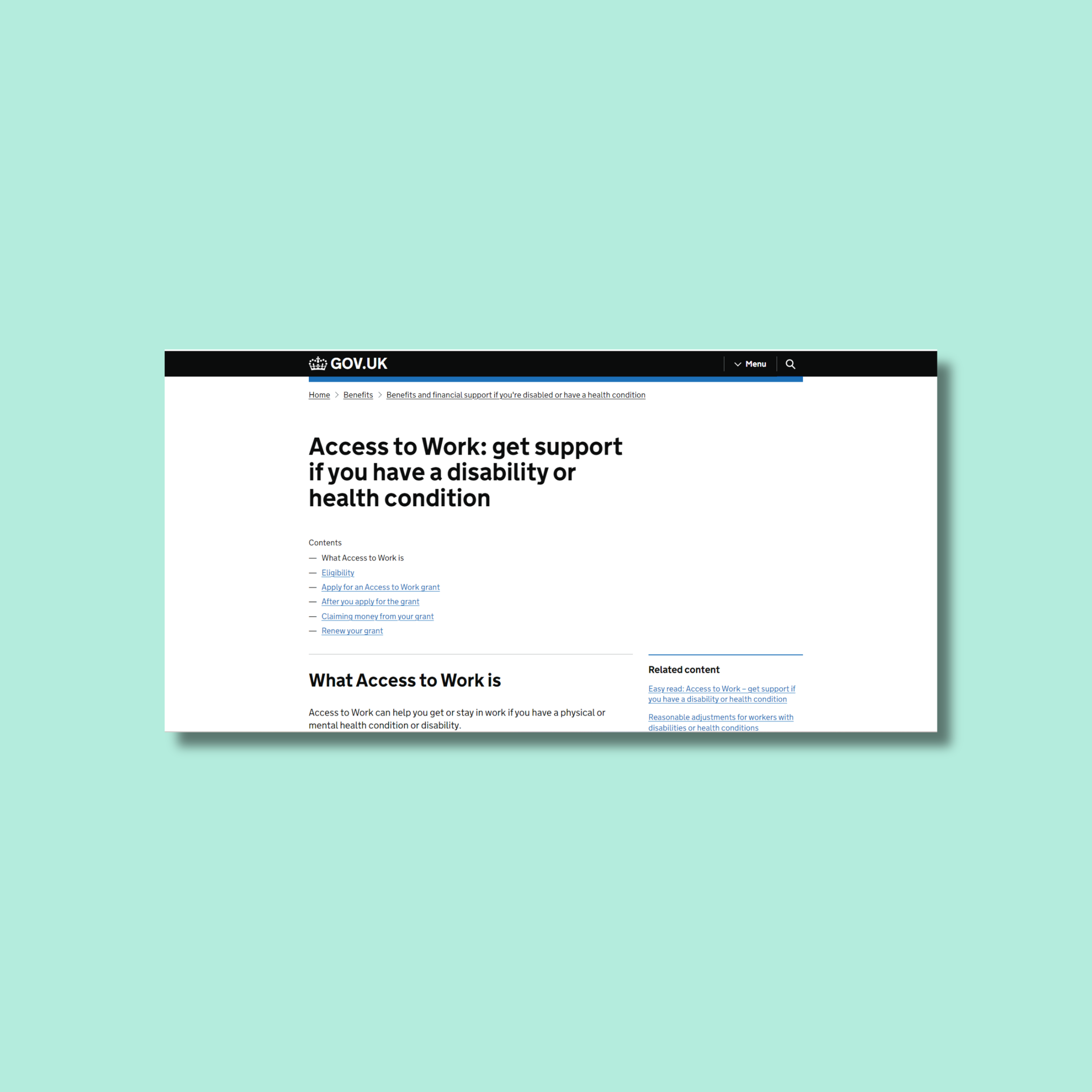 Image 1 of 1
Image 1 of 1


‘Most People have no Idea what Autism is’ Unpacking Autism Disclosure using Social Media Analysis
Edwards, Love, Jones, Cai, Nguyen and Gibbs (2023)
Deciding whether to tell others we are autistic can be a hard discision to make and the oucome can vary. This study looked at social media posts to understand real experiences, finding that many problems come from a lack of understanding about autism—especially in work, dating, healthcare, and mental health. Autistic people want respect and privacy, and the study stresses that non-autistic people need to take more responsibility in creating a more understanding and inclusive society.
Edwards, Love, Jones, Cai, Nguyen and Gibbs (2023)
Deciding whether to tell others we are autistic can be a hard discision to make and the oucome can vary. This study looked at social media posts to understand real experiences, finding that many problems come from a lack of understanding about autism—especially in work, dating, healthcare, and mental health. Autistic people want respect and privacy, and the study stresses that non-autistic people need to take more responsibility in creating a more understanding and inclusive society.






